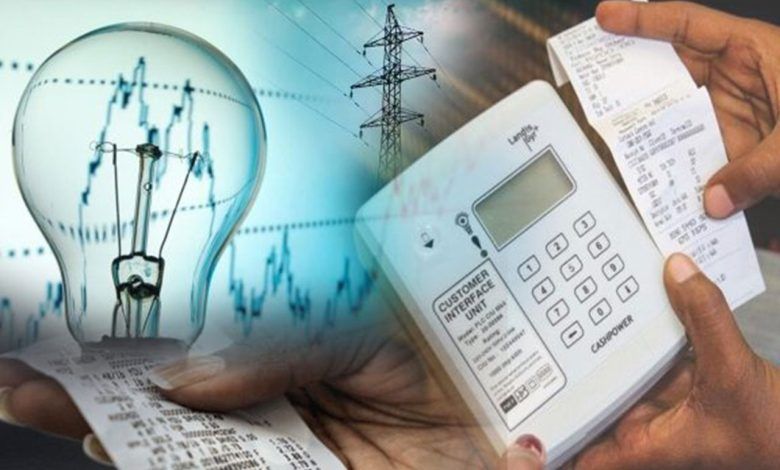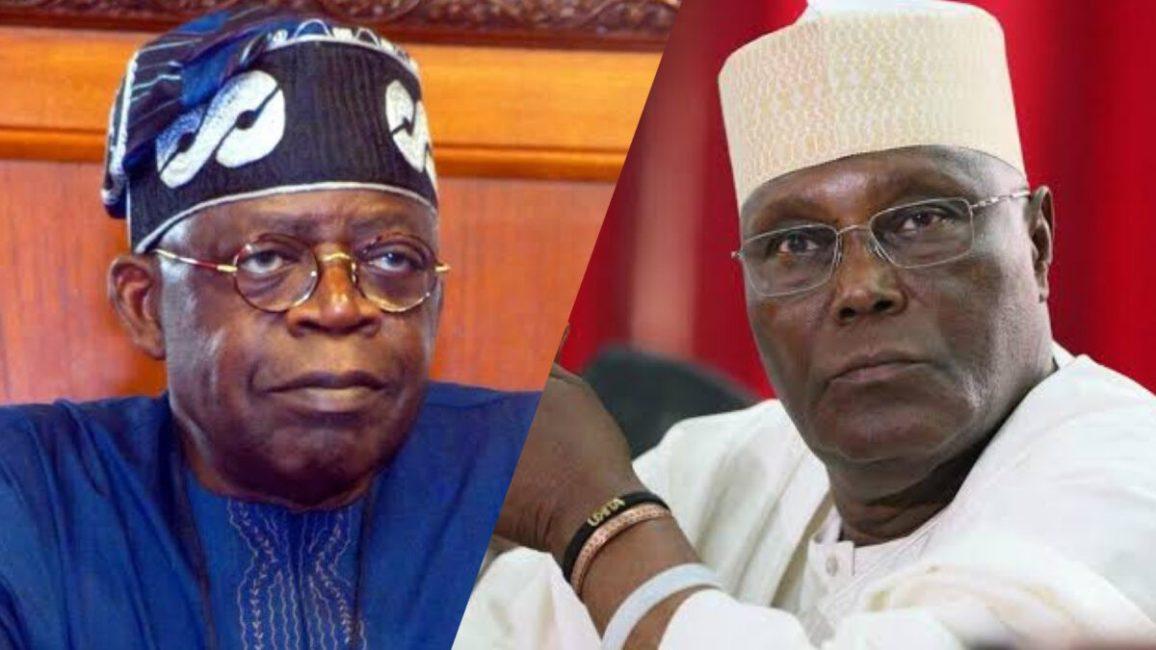
The electricity subsidy obligation of the Federal Government rose from N252.76bn to N633.30bn in the first quarter of 2024, a report by the Nigerian Electricity Regulatory Commission has disclosed.
The NERC said the electricity subsidy skyrocketed to N211.10bn per month in the first three months of 2024, from N84.25bn in the last quarter of 2023.
NERC revealed that the increase was largely attributable to the government’s policy to harmonise the exchange rates while also issuing a policy directive that end-user customer tariffs remain at the rates that came into effect in December 2022.
“Due to the absence of cost-reflective tariffs across all distribution companies, the government incurred a subsidy obligation of N633.30bn (90.57 per cent of total Nigerian Bulk Electricity Trading Plc invoice) in Q1 2024 (average of N211.10bn per month). Across 2024/Q1, this represents an increase of N380.56bn (150.56 per cent) compared to the N252.76bn (average of N84.25bn per month) incurred in Q4 2023,” the regulator stated.
The absence of cost-reflective tariffs was said to have caused the Federal Government to undertake to cover the resultant gap between the cost-reflective and allowed tariff in the form of tariff subsidies.
For ease of administration, the subsidy is only applied to the generation cost payable by Discos to NBET at source in the form of Disco’s Remittance Obligation.
The DRO, it was learnt, represents the total Genco invoice that is billed to the Discos by NBET based on what the allowed Disco tariffs can cover.
In the first three months of the year, the DRO-adjusted invoice from NBET to the Discos was said to be N65.96bn while the total remittance made was N65.52bn, which translates to a 99.33 per cent remittance performance.
As Nigerians agitate for the reversal of the Band A tariff to N68/kWh, IMF submitted, “The tariff adjustment will help reduce expenditure on subsidies by 0.1 per cent of gross domestic product while continuing to provide relief to the poor, particularly in rural areas.”





